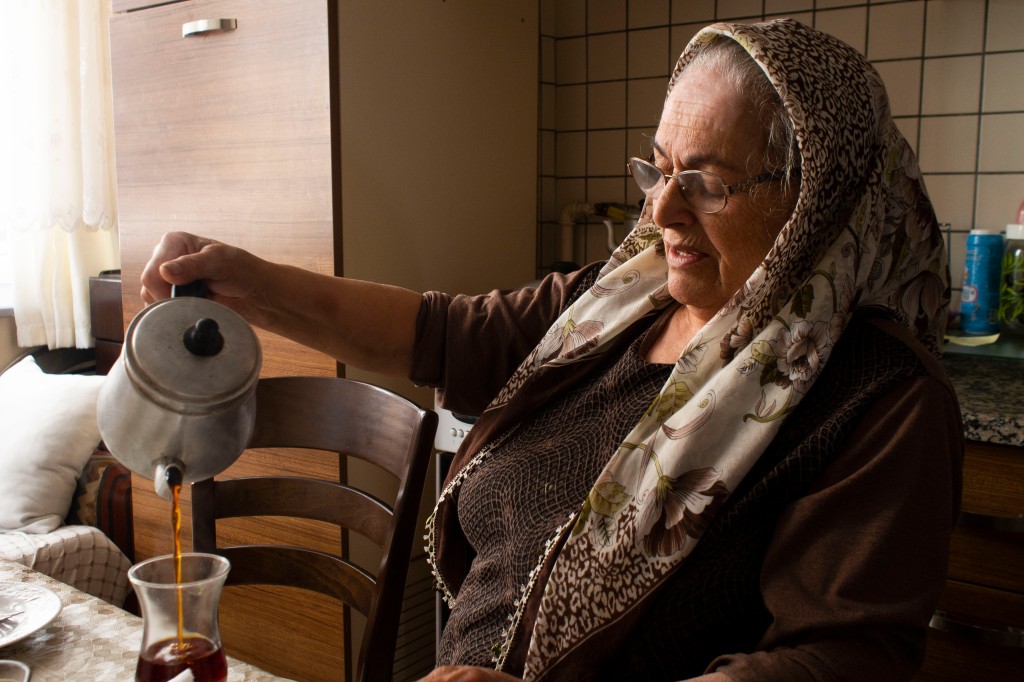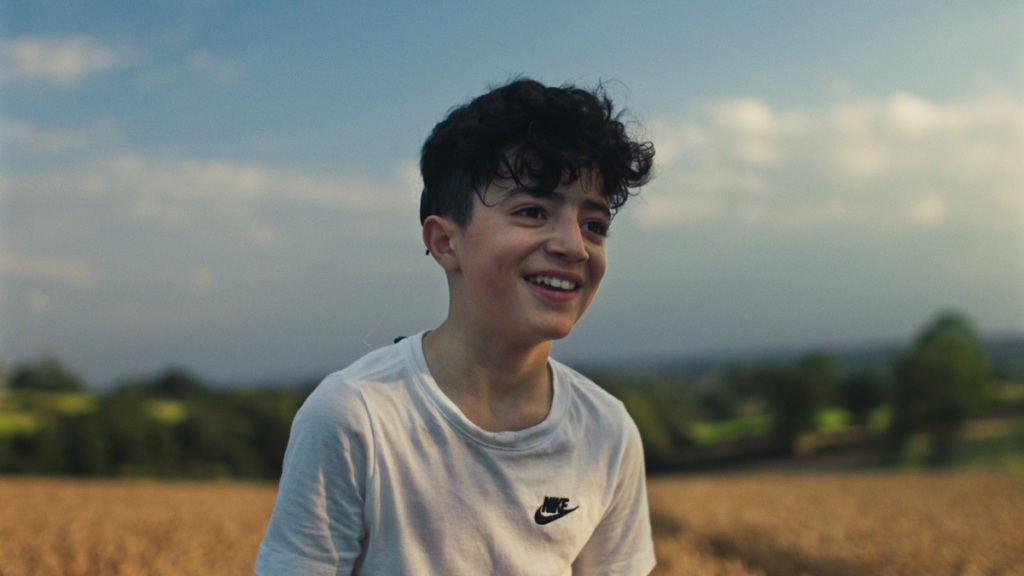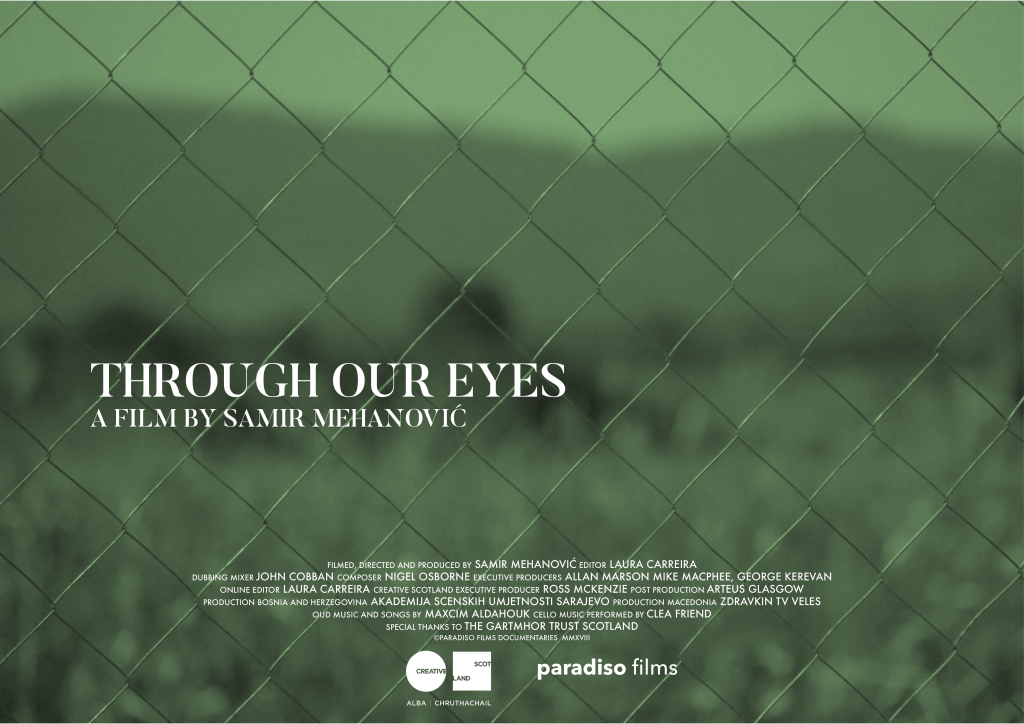On a dark and rainy November night, the ‘Einstein Room’ in Aberdeen’s Satrosphere Science centre was packed out with about 100 people: Polish migrants, students, academics and members of the public with a general interest in Poland. We had come together for the first in a series of Public Engagement events, ‘Linking Northern Communities’ exploring connections between Central Eastern Europe and Scotland and between the peoples of Central Eastern Europe and Scotland both in the contemporary period and historically.
This night’s event ‘Poles Apart? A model for Polish community integration in Scotland’ was particularly interested in the practical experiences of Polish migrants to Scotland, their historical, cultural, economic and social connections and contexts and how these might help or hinder integration. It was pointed out at the start by Prof. Karin Friedrich, convenor of the series, that the North East of Scotland benefits greatly from Migration and that migrants make an important contribution to the arts and culture as well as the economy, but that Scotland also needs to think carefully about how migrants are treated and received. In recognition of these cultural and arts-based contributions the event was organised to include photography, poetry and music.
The space was framed by a photo exhibition produced by a young Polish photographer Blazej Marczak, called ‘The Neighbours’, which he describes as ‘creating a portrait of contemporary and multicultural Scotland’ it shows pictures of different people, individuals and family groups in domestic settings, mainly sitting in their own living rooms, so that when hung side by side you get the impression of looking into the windows of adjoining houses or flats. Several are Polish migrants from different periods of migration and Scottish born children/grandchildren of those who came in earlier periods, but also their ‘neighbours’ from India, Pakistan, Jamaica, Scotland, etc.
The short presentations described in more detail below were interspersed with poetry readings by Scottish/Polish poets and poets of mixed heritage. The first of these from Martin Stepek’s collection ‘For there is Hope’ was entitled ‘the Clearances’ and mirrored his father’s experiences of deportation from Poland to eastern Siberia in the 1940s with those of the forced migration from highland to lowland Scotland during the Highland Clearances of the 18th and 19th Centuries. The echoing refrains between the stanzas of the poems pick up on experiences of separation from family and friends, fears for loved ones left behind, or sent ahead and uncertainties of an unknown future. The final stanza linked these experiences to the present day with reference to Darfur and the Middle East.
At the end of the event there was a concert by the local Polish-Scottish Choir who meet twice a month to sing together and have found that there are many similarities between Polish and Scottish folk songs: ‘We both lost a lot of battles, everything starts in A minor and sea shanties from Peterhead merge seamlessly with songs about whaling from Poland’
Prof Anne White gave the opening presentation about Polish migration and integration. A big question surrounding the most recent migration from Poland to the UK is that of settlement. The post-War Polish diaspora had no way back and had to settle. As a result they assimilated to such a degree that Sword (1996) predicted the disappearance of Polish community organisations and activities. The migration from Poland since 2004 has had very different characteristics with many migrants characterised as ‘young adventure seekers’ and seeking ‘intentional unpredictability’ as part of their migration process. Another interesting (and unusual) characteristic of the recent migration is that it is from all regions of Poland to all parts of the UK and webs or nets of relationship spanning Poland and the UK facilitate returns both to Poland, and back again to the UK. In both cases research suggests that emotional attachments are a key factor: people return to Poland because they ‘miss it’ but when they get there find they ‘miss’ the people/places/lifestyles they had in the UK and so come back. The arrival of families also tends to lead to more permanent settlement, so that even when parents might want to return to Poland, they stay for the sake of their children who have found friends and are often better integrated than the adults.
Jean Urquhart (MSP Highlands and Islands and Chair of the Scottish Parliament’s Cross-Party group on Poland) spoke of the importance of seeing Poles not ‘apart’ as in the title of the event, but as a part of Scotland and Scottish communities, saying that this had been her motivation in establishing the CPG. The purpose of the CPG was to explore integration, and Jean pointed out that there are Poles in every part of her Highlands and Islands constituency (which covers 42% of the Scottish landmass). This migration can be set in historical context of 60,000 Scots emigrating to Poland in the 1800s, so ‘now it is just the Poles turn to come here’. ‘Scots have emigrated to all parts of the world. So why would we be surprised when people come here?’ The issue of negative media representations needs to be dealt with as a matter of urgency, she pointed out.
There are subgroups of the CPG working on Education, Culture and Business and one key area of their work at the moment is getting Polish language qualifications recognised and integrated into the Scottish education system. This is about promoting a two-way model of integration with opportunities for Scottish children to learn Polish as well as vice versa. In the Polish Saturday schools which seek to preserve Polish culture and language there are also linkages with groups seeking to preserve Scottish culture through dance and music. As families are settling or staying longer, work on/with Polish children in schools is beginning to raise the question ‘who is Polish’, given that there are children born into Scottish-Polish families; children born here to Polish parents; children whose families may have spent time here, then gone back to Poland, then come back again.
Dr Paulina Trevena spoke about Poles and the Scottish Independence referendum, which provoked a marked increase in interest in and engagement with politics amongst the Polish diaspora, despite its tradition of political disengagement. About 85% declared their intention to vote in pre-referendum surveys, with those who didn’t intend to vote often citing a feeling that they had no right to interfere in Scottish history in this way.
Freedom and independence are political issues that resonate strongly with Polish people and Poland’s experiences and were linked to decisions about voting both yes and no. Those who stated their intentions to vote ‘yes’ often referred to a shared longing for freedom between both Poles and Scots; a confidence in Scotland’s natural resources and its potential for independent economic success; a conviction that local democracy is better than more centralised systems; a wish to be more distanced from the negative discourses on migration in the South and to be ‘safe from Cameron trying to kick us out’. On the other hand those planning to vote ‘no’ referred to the uncertainties of independence and fears about economic instability; the risk of an independent Scotland not being an automatic member of the EU and what that might mean for the status of EU migrants; the potential for a domino effect within Europe with Scotland being followed by the Basque country, Catalonia and – in the Polish case – even Silesia; the risks involved in becoming a small, peripheral and potentially internationally insignificant country. Most said that regardless of the outcome of the referendum they intended to stay in Scotland, although some feared this might not be possible. The referendum seems to have revealed a political potential within the Polish diaspora and reaching out to and activating this could be a way of overcoming isolation within that community, especially amongst the most disenfranchised.
Martin Stepek gave a short, but impassioned speech about Polish business and SME development in Scotland. He emphasised that going into business does not have to be about greed or being a ‘nasty big capitalist’ and that 99% of businesses in Scotland have less than 60 employees. For migrants setting up a business is about a way of ensuring survival through a strong work ethic and a bit of luck. He pointed out that not everyone who works hard will succeed, and that starting a business is also a big risk. 95% of business start ups fail in the first 5 years. But if you are successful then business can bring you a kind of independence and freedom that is hard to find elsewhere. And family businesses can create a kind of community within a community within the workplace. This is very valuable as it offers warmth and camaraderie, however, SMEs are often forms of fairly precarious self-employment with business owners earning the minimum wage or just above.
Magda Czarnecka introduced us to Feniks Support Services and its work. Established in 2007, Feniks (meaning Phoenix in Polish) provides psychological support and services to Polish migrants in Scotland, mostly in Edinburgh. As well as professional counselling services they offer a range of community-based services for example mother and toddler groups and a language café.
Barriers to integration experienced by Polish migrants include language and difficulties learning English, self-stigma and an inferiority complex linked to ‘being a migrant’, social isolation which magnifies social and psychological problems such as depression, addictions, domestic violence, suicide etc. (Suicide rates in Scotland generally are 15/100,000, in Poland 17.5/100,000 amongst Polish migrants in Scotland 20/100,000). Feniks is working to try and improve the ability of support services to respond to the needs of migrants. They are offering training to Scottish mainstream services and professionals on how better to respond to the needs of Polish/CEE migrants. They are trying to develop community champions, through a programme to train those in key community roles (shop keepers, hairdressers etc) in suicide prevention techniques
Marta Trzebiatowska spoke about her research on ‘Easyjet priests’ and the relationship between Polish migrants and the Catholic Church in Aberdeen. This was part of a wider project on ‘Polish parishioners and Polish priests in the UK and Ireland: Identifying Problems and Possibilities’, which found that Polish migration was a ‘mixed blessing’ for the Catholic Church in Britain. On the one hand it promised to ‘import’ a ready-made congregation to revitalise parishes. On the other hand there were fears of a take-over and clashes between ways of practicing Catholicism.
The presentations were followed by a lively question and answer session, followed by the singing of the Polish-Scottish choir.
The next event in the series, which will be held in the Scottish Universities Insight Institute, Glasgow, on 18 December at 5pm, will look at the topic of Transnational Biographies. Follow this link to register.




Leave a comment